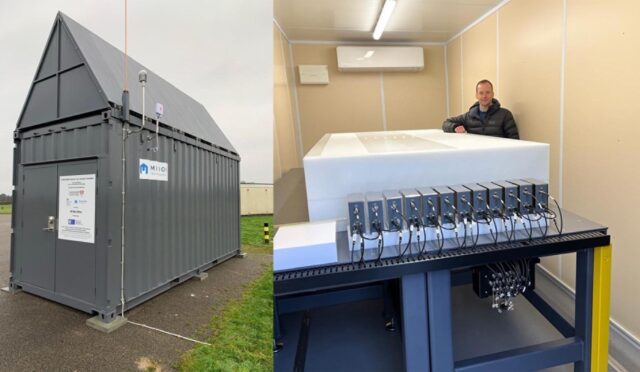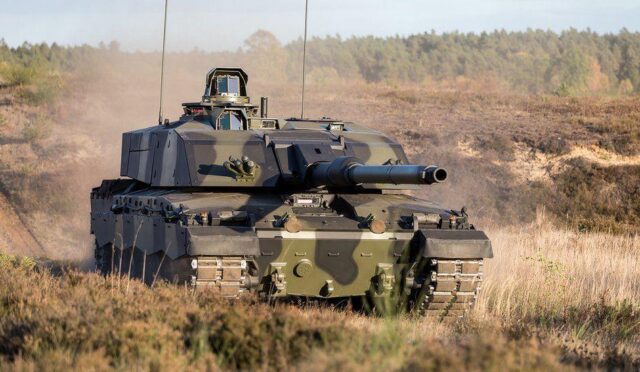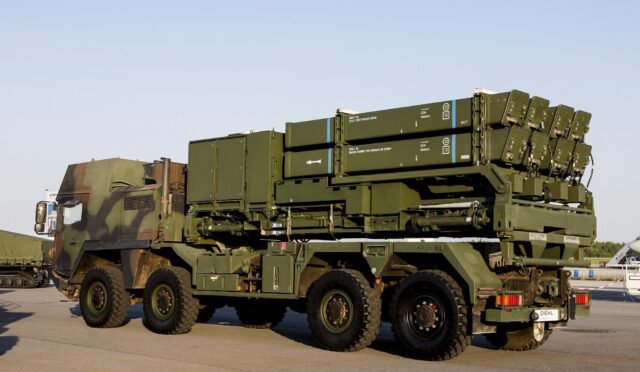Babcock Expands Military Pilot Training with L-39 Albatros Acquisition
Babcock has made a significant investment in military pilot training by acquiring 11 L-39 Albatros aircraft. This move aims to bolster the company’s international training programs for fighter pilots, specifically in France. The newly purchased fleet, sourced from Apache Aviation in Longvic, will be stationed at a decommissioned military site in Dijon, enhancing the training infrastructure available to aspiring pilots.
The training services offered with the Albatros jets will cover a range of essential programs, including certification for pilot students and instructors, retraining for experienced pilots, and specialized courses for close air support missions. Additionally, advanced training will be provided, simulating realistic combat scenarios. Babcock asserts that these training lessons are meticulously designed to comply with international air force standards and NATO operational protocols.
Commitment to Defense Capabilities
Babcock’s Chief Executive, Pierre Basquin, underscored the importance of military pilot training in enhancing defense capabilities for their clients. He remarked, “Military pilot training is a critical component of our customers’ defense capabilities.” The expansion of Babcock’s military training operations is a strategic move to address both immediate and long-term needs of their customers.
Highlighting the company’s expertise and infrastructure, Basquin added, “With our expertise and infrastructure, we deliver a complete training system that provides military pilots with a comprehensive training experience reflective of a real military flying environment.” This commitment ensures that pilot trainees receive a robust education that prepares them for the challenges they may encounter in the field.
Tailored Training Programs
Babcock emphasizes the development of technical skills and the cultivation of essential attitudes necessary for confronting real-world challenges in military operations. The company plans to work closely with clients to continuously refine their training methods and tools, ensuring they remain at the forefront of military pilot education.
The focus on adaptability in training approaches is critical for maintaining the relevance and effectiveness of Babcock’s programs. By integrating client feedback and industry advancements, Babcock aims to provide a training experience that evolves alongside the needs of modern military forces.
Recent Ventures and Strategic Initiatives
The acquisition of the Albatros fleet is part of Babcock’s broader strategy to expand its military training services. This follows the company’s earlier announcement in December regarding its exploration of tactical unmanned aerial systems opportunities in Australia and New Zealand. This initiative is complemented by the establishment of a new manufacturing and repair center in Adelaide, aimed at supporting Australia’s land and naval force programs.
Additionally, Babcock has recently signed a technical support extension contract for the British Armed Forces, which will be implemented across various military sites in the UK. These initiatives reflect Babcock’s commitment to enhancing defense capabilities not just in Europe, but globally.
Partnerships for Modernization
In May, Babcock entered into a partnership with Roshel, a company based in Ontario, to assist in modernizing the Canadian Armed Forces’ Light Utility Vehicle fleet. This collaboration highlights Babcock’s dedication to improving military readiness through modernization efforts.
Moreover, Babcock announced plans to construct an engineering facility in Ukraine, aimed at addressing the future needs of the country’s military. These projects demonstrate Babcock’s proactive approach to supporting allied forces and enhancing military infrastructure worldwide.







